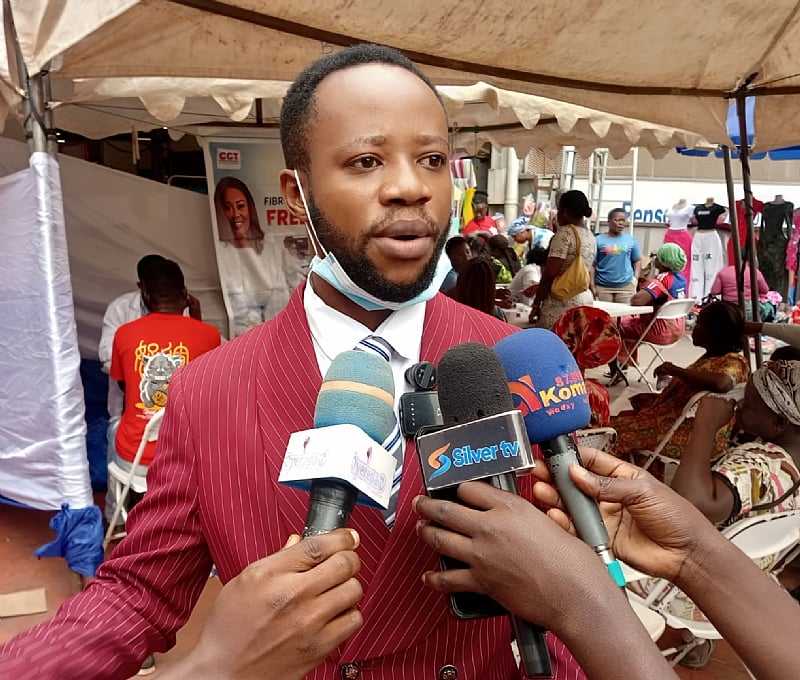The recent free health screening conducted by Star Health Clinic at Kejetia Market in Kumasi has illuminated a concerning reality regarding women’s health in the region. The discovery of several unsuspected pregnancies, some as far along as six months, among the participating women underscores a significant gap in health awareness and access to regular check-ups. This lack of awareness not only jeopardizes the health of the expectant mothers but also highlights the potential for complications arising from undiagnosed and unmanaged pregnancies. The situation emphasizes the urgent need for comprehensive public health education, particularly targeted towards women of reproductive age, regarding family planning, reproductive health, and the importance of regular medical consultations.
Beyond the unexpected pregnancies, the screening exercise also revealed a broader health crisis. Dr. Isaac Frimpong, CEO of Star Health Clinic, pointed out a disturbing trend of women presenting with advanced stages of fibroids. This delayed diagnosis often results in more complex and invasive treatment options, highlighting the critical role of preventative healthcare and early detection. The tendency to postpone medical attention until symptoms become severe underscores the need for increased awareness and proactive health-seeking behavior. Early detection and intervention can significantly improve treatment outcomes and minimize the potential for long-term health complications associated with conditions like fibroids.
The prevalence of late-stage diagnoses for conditions like fibroids speaks to a systemic issue of neglecting routine health screenings. This negligence is often attributed to a combination of factors including limited access to affordable healthcare, lack of awareness about the importance of preventive health, and socio-cultural beliefs that downplay the significance of regular medical checkups. Overcoming these barriers requires a multifaceted approach that includes increasing access to affordable healthcare services, implementing comprehensive public health education campaigns, and addressing socio-cultural impediments to healthcare utilization.
In response to these pressing health concerns, Star Health Clinic has launched a nationwide health screening campaign. This proactive initiative aims to bridge the healthcare gap by bringing essential medical services directly to communities. The campaign offers free screenings for a range of conditions including high blood pressure, diabetes, prostate issues, hepatitis, and ovarian cysts, thereby promoting early detection and timely intervention. The provision of free medical scans and lab tests using modern diagnostic equipment further enhances the effectiveness of the campaign by providing immediate and accurate assessments of participants’ health status.
The clinic’s mobile health outreach program has already reached communities in Kasoa, Madina, and Kumasi, demonstrating a commitment to expanding access to essential healthcare services across the country. The program’s expansion to other key locations like Sunyani, Dormaa, Brekum, Tarkwa, and beyond reinforces the clinic’s dedication to improving health outcomes nationwide. By reaching underserved communities, the initiative aims to empower individuals with knowledge about their health status and facilitate early detection and treatment of various medical conditions.
The insights gained from the Kejetia Market health screening exercise provide a stark reminder of the vital role of routine health checks in safeguarding individual and community well-being. Early detection is often the key to effectively managing health conditions and preventing them from escalating into medical emergencies. By promoting proactive health-seeking behavior and providing accessible healthcare services, Star Health Clinic’s nationwide campaign addresses a critical need and contributes significantly to improving health outcomes for individuals and communities across Ghana. The initiative’s emphasis on empowering individuals with knowledge about their health status is crucial for fostering a culture of preventative healthcare and improving overall health and well-being.


